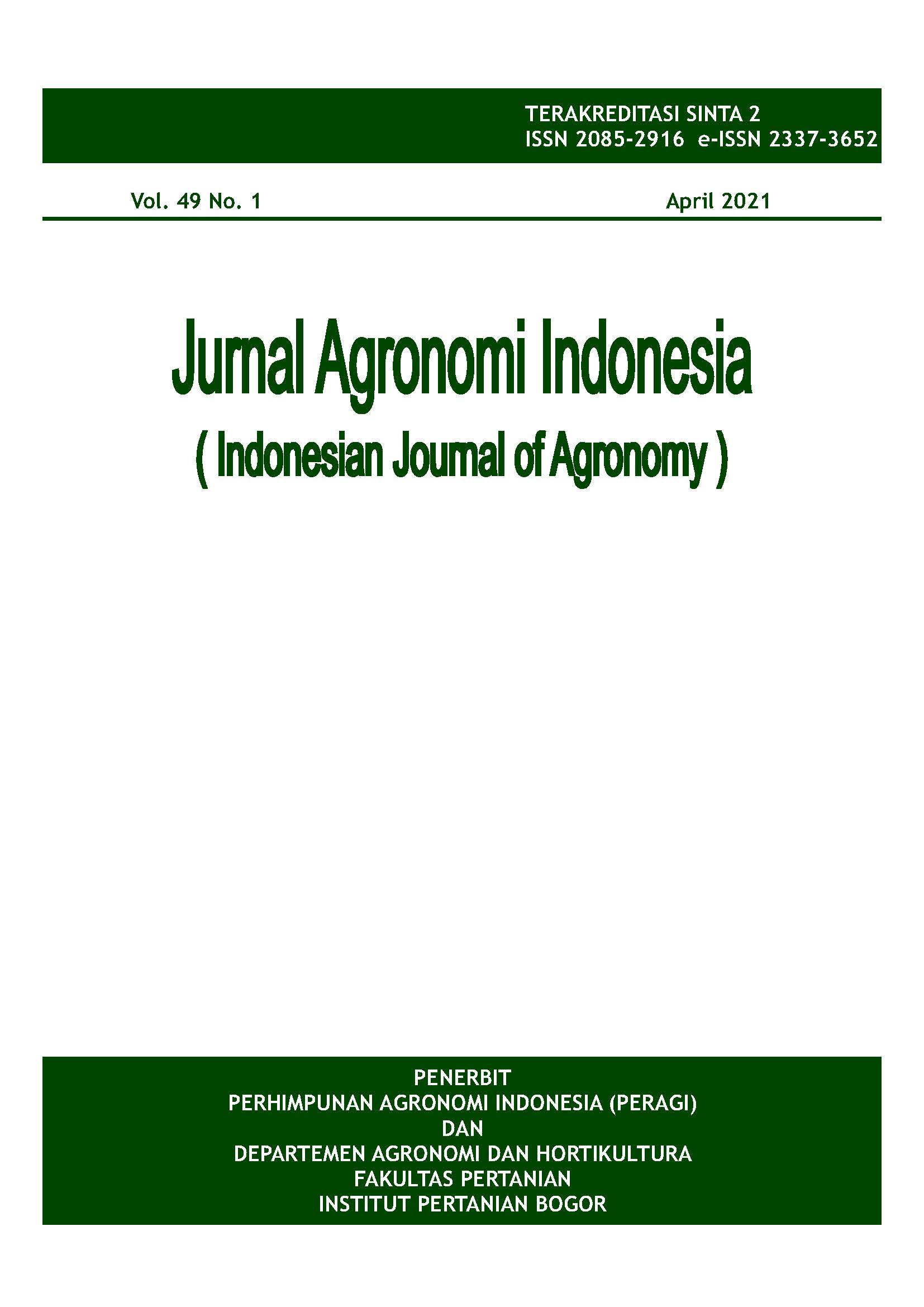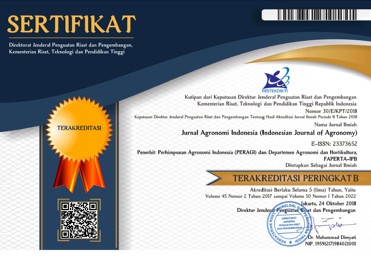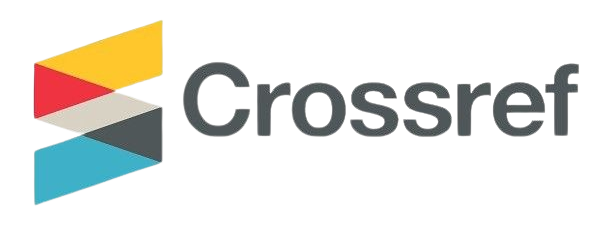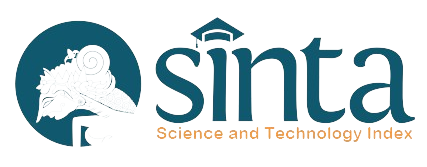Produksi dan Kualitas Umbi serta Ketahanan terhadap Hama pada Bawang Merah
Abstract
The high use of inorganic fertilizers in the long term for fertilizing shallots along with the high cost of inorganic fertilization could resulting in a decrease in the quality of shallots. The research was carried out to study the effect of goat manure application along with a dose of inorganic fertilizers on the growth, production, and quality of shallots, as well as resistance to pests. The research was conducted during the dry season from September to December 2019 in Sukorejo Village, Nganjuk with temperature conditions of 23-33 oC and an altitude of 60 to 140 masl. The field experiment used a nested design of four replications with two factors, where the first factor was two levels of manure of organic fertilizer, and the second factor was five levels of inorganic fertilizer. The inorganic fertilizers used were urea, KCl, and NPK. The reference dosage for inorganic fertilizers uses the local farmer’s dose. Manure did not work to reduce the dose of inorganic fertilizers on shallot growth. The application of manure significantly reduced plant height by 36.88 cm, lower than without manure at 39.03 cm but increased the number of leaves, number of tillers, and tuber weight per clump. The addition of goat manure organic fertilizer causes the proportion of shallot damage to 1.40% on the tubers 6 weeks after storage (MSS) but it is still below 5% according to the quality requirements of shallots SNI 01-3159-1992.
Keywords: tuber weight, goat manure, manure, Super Phillip













